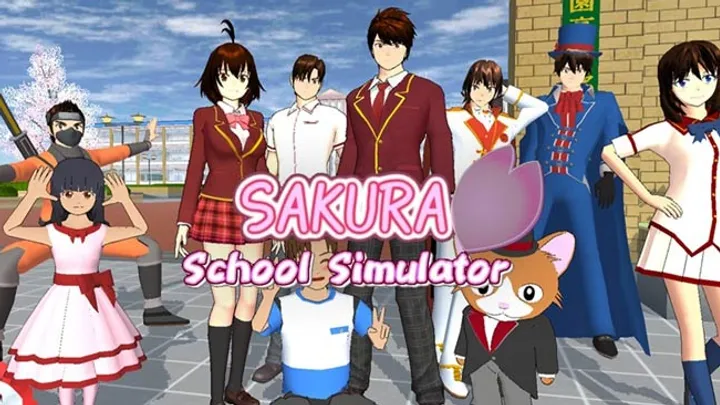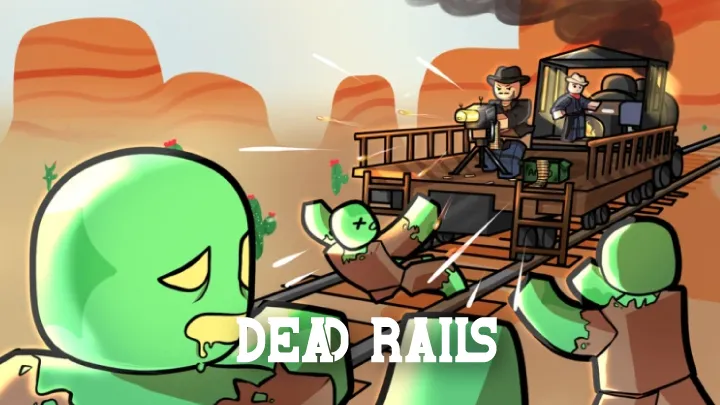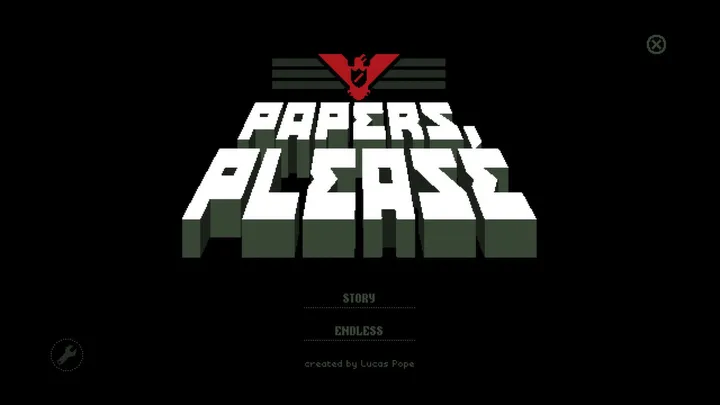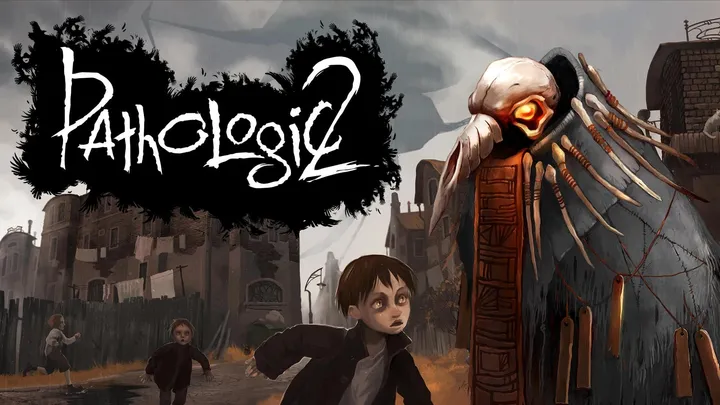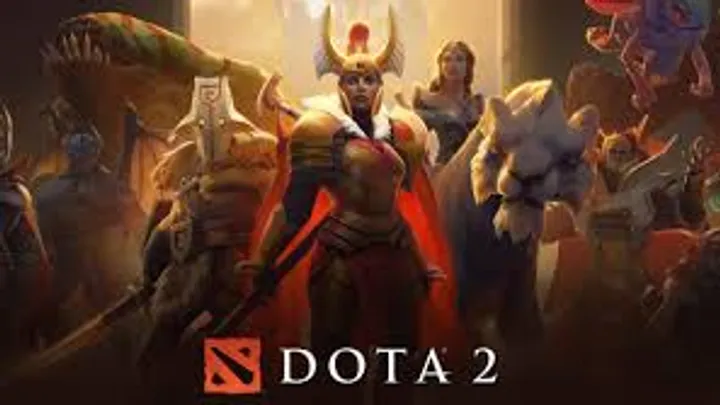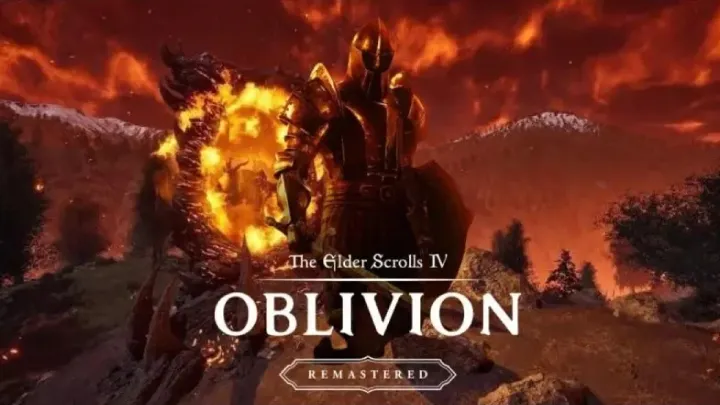Introduction
"Delta Force" is a tactical first-person shooter (FPS) developed by NovaLogic, initially released in 1998. The game quickly gained popularity for its realistic gameplay mechanics, expansive maps, and emphasis on team-based tactics. Set against various military scenarios, players assume the role of elite soldiers tasked with completing missions that require strategy, precision, and teamwork. This review will delve into the game’s core mechanics, graphics, sound design, multiplayer features, and its overall impact on the FPS genre.
Gameplay Mechanics
Core Gameplay Loop
At its core, "Delta Force" focuses on tactical gameplay that emphasizes strategy over run-and-gun mechanics typical of many shooters. Players engage in a series of missions that require them to accomplish objectives such as eliminating targets, rescuing hostages, or gathering intelligence. The gameplay loop involves planning, executing missions, and adapting strategies based on the evolving dynamics of each scenario.
Tactical Elements
"Delta Force" distinguishes itself with its emphasis on tactical gameplay. Players must choose their weapons and gear carefully before each mission, taking into account factors like mission objectives and enemy types. The game encourages stealth and strategic positioning, rewarding players who adopt a methodical approach to combat.
Weapon Customization
The game offers a range of weapons and gear that players can customize before missions. Options include rifles, grenades, and other tactical equipment, allowing players to tailor their loadout to suit their playstyle. This customization adds depth to the gameplay, as players can experiment with different combinations to find what works best.
Visual and Audio Design
Graphics and Art Style
For its time, "Delta Force" featured impressive graphics, with expansive 3D environments that allowed for large-scale battles. The maps were designed to be open-ended, giving players the freedom to approach objectives from various angles. However, the graphics may feel dated compared to contemporary titles, which can impact the overall immersion for new players.
Sound Design
The sound design in "Delta Force" adds to the realism of the gameplay experience. Authentic weapon sounds, ambient noises, and voice lines from team members enhance the atmosphere. The audio cues play a crucial role in providing players with essential information about their surroundings, contributing to the tactical gameplay.
Multiplayer Features
Online Multiplayer
One of the standout features of "Delta Force" is its robust online multiplayer mode. Players can join servers to engage in team-based matches against others, adding a competitive element to the experience. The multiplayer mode includes various game types, such as capture the flag and team deathmatch, appealing to a wide range of players.
Community Engagement
The game fostered a dedicated online community, with players forming clans and participating in organized events. This community engagement contributed to the longevity of "Delta Force," as players continued to return for new challenges and camaraderie.
Criticisms and Challenges
Technical Issues
Despite its innovative gameplay, "Delta Force" was not without technical challenges. Players encountered bugs and connectivity issues in the multiplayer mode, which could disrupt gameplay. While updates addressed some of these problems, the persistence of technical issues affected player experience.
Graphics Limitations
While the graphics were impressive for the time, they may not hold up to the standards of modern FPS games. Newer players might find the visuals lacking in comparison to contemporary titles, which could impact their overall enjoyment of the game.
Steep Learning Curve
The tactical gameplay and emphasis on strategy can present a steep learning curve for new players. Those unfamiliar with military tactics may find it challenging to adapt, potentially leading to frustration. A more gradual introduction to the game’s mechanics could enhance accessibility for newcomers.
Future Prospects
Legacy and Impact
"Delta Force" has left a lasting legacy within the FPS genre, influencing subsequent titles with its focus on tactical gameplay and team dynamics. While the original may not receive frequent updates, its impact is felt in modern tactical shooters that emphasize strategy and realism.
Potential Remakes or Sequels
Given the nostalgic value and dedicated fanbase, there may be potential for remakes or sequels in the future. A modernized version that retains the core gameplay while improving graphics and mechanics could attract both veteran players and newcomers to the franchise.
Conclusion
"Delta Force" remains a significant title in the history of first-person shooters, setting the stage for tactical gameplay in a genre often dominated by fast-paced action. Its emphasis on strategy, team dynamics, and realistic combat creates an engaging experience for players willing to invest the time to master its mechanics. While it may face challenges with dated graphics and technical issues, its impact on the FPS genre is undeniable.
As players immerse themselves in the world of "Delta Force," they will find a game that rewards thoughtful play and fosters a sense of camaraderie within its community. With its innovative approach to tactical combat, "Delta Force" continues to be a noteworthy entry in the annals of gaming history.


















































